2023 Alaska Tsunami Ocean Sciences Bowl
Team Octopi Illusions: Freshman Otto Nipp, Sophomore Gracie Russell, Freshmen Maddie Haas and Makena DesErmia Team Mystic Mysticeti: Sophomore Anna Milligan, Freshman Esme Wilder, Sophomore Noah Bird, and Junior John Van Buskirk.
April 17, 2023
For the past 25 years, the Alaska Tsunami Ocean Sciences Bowl has hosted an annual quiz bowl centered around marine sciences for high schoolers all around Alaska. While the National Ocean Science Bowl was canceled, the Alaska competition remained and was held at Seward High School March 3–6. Four-person Science Bowl teams create and present a 15-page research paper focused on sustainability in marine sciences, which is then judged and added to the overall scores. After the research presentations, the quiz bowl accounts for the remaining total of scores.
The quiz itself revolves around an entire spectrum of marine sciences, from geology, chemistry, and biology to topography, marine policies, and many other oceanographic topics.
Because of the late notice for the returning Alaska competition, there were two divisions: those competing with research papers and those without. Seward teams Mystic Mysticeti and Octopi Illusions both participated in the divisions without making presentations, since the teams only started practicing in December and research often starts in September. Even with the little practice and preparation, both Seward teams placed third and fifth in their bracket.
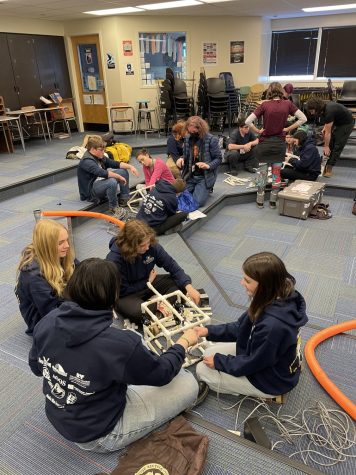
The competition lasted for four days and was embedded with multiple marine-centered field trips and presentations. On Friday, half of the teams participated in an ROV challenge at the high school pool, where each team had to build an ROV (remotely operated vehicle) and maneuver their creations around different obstacles and challenges. The remaining half of the teams went to AVTEC to engage in a sunken-ship simulation, where they impersonated rescuing survivors.
To end the day on Friday, all the teams visited one of Major Marine’s newest boats. Teams took turns controlling and operating the ship, trying on water survival suits, and learning what it takes to have a career on a tourist boat. Seward team member Noah Bird was able to successfully put on the suit in 32 seconds, beating the 90-second requirement for marine tests. After departing the boat, the teams met with other workers in the marine science workforce. Groups joined different marine specialists and learned about different fields and first-hand job experiences.
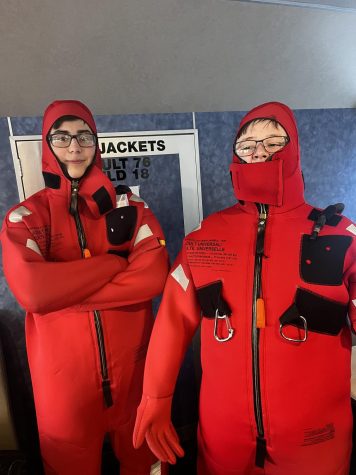
The second day of the science bowl consisted of the first rounds of the quizzes. Both teams did very well, especially when taking into consideration how they only practiced for a couple of weeks prior to the competition. In a normal year, teams would gather research and start practicing in the fall, in addition to taking special marine-science courses and earning a high-school credit for the competition. However, this was not the case for the Seward teams, since their weekly practice only started in December, with new members joining in the weeks prior to the competition. Still, both teams did well for their situations.
The last day of the competition consisted of a mock tsunami simulation, in which all teams and coaches met in the Seward Sealife Center parking lot. The teams weren’t told in advance what would take place. After everyone was gathered and placed in randomized teams with competitors from different schools, they were told there was a tsunami and had ten minutes to find a safe area. Teams with competitors from Seward had an advantage since most knew the closest safe zone was near the Seward Hospital.
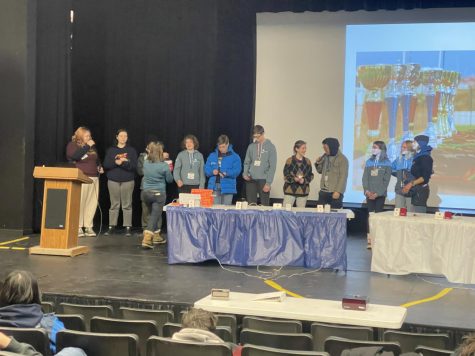
After all team members made it to the safe grounds, they met back at the high school to attend a presentation regarding tsunami safety knowledge. Some team members were recognized for their leadership and supportive roles during the simulation. One of which was Seward team member Gracie Russell, who received an award for overall best team member for “working with her team, informing them, sharing information, staying with the team, and making sure everyone arrived safely.” Other Seward team members nominated were Noah Bird, along with Makena DesErmia and Maddie Haas, for “stopping to get coffee,” and still making it to the safe zone within 10 minutes.
With the day coming to an end in the remaining rounds of quizzes, the Alaska Tsunami Ocean Sciences Bowl ended with the final round between two Juneau teams, the Rest A-shore-d, and The Free Radicals. While the quiz was a close match, The Free Radicals won the competition with their overall score. If the national competition was in operation this year, the winning team would travel to the Lower 48 for the finals.
While it’s still unsure whether or not the national competition will return next year, the Alaska Tsunami Ocean Sciences Bowl is promised to continue. Most team members are expected to return, along with their research papers and presentations.

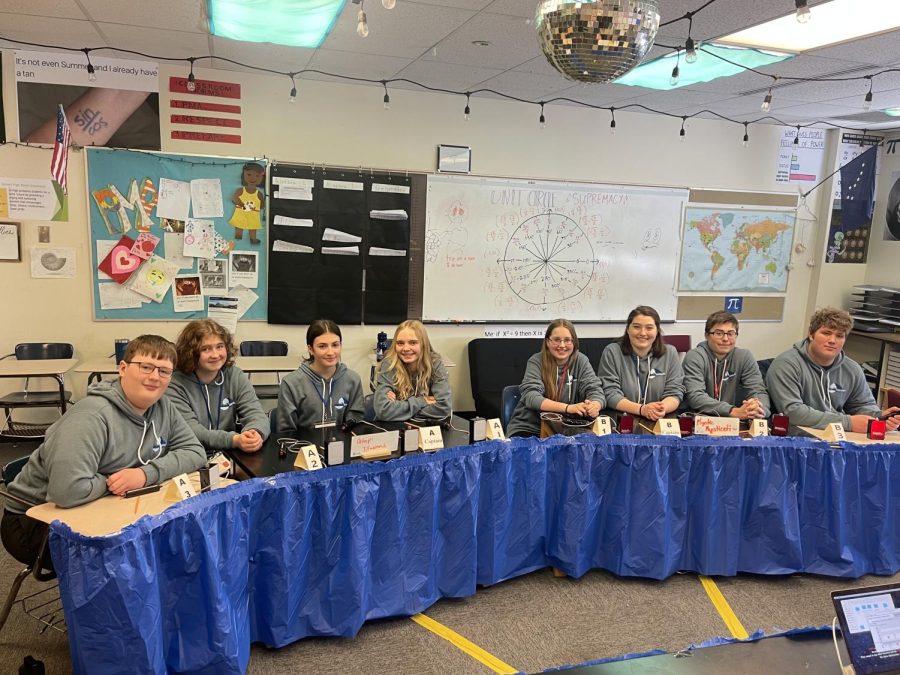


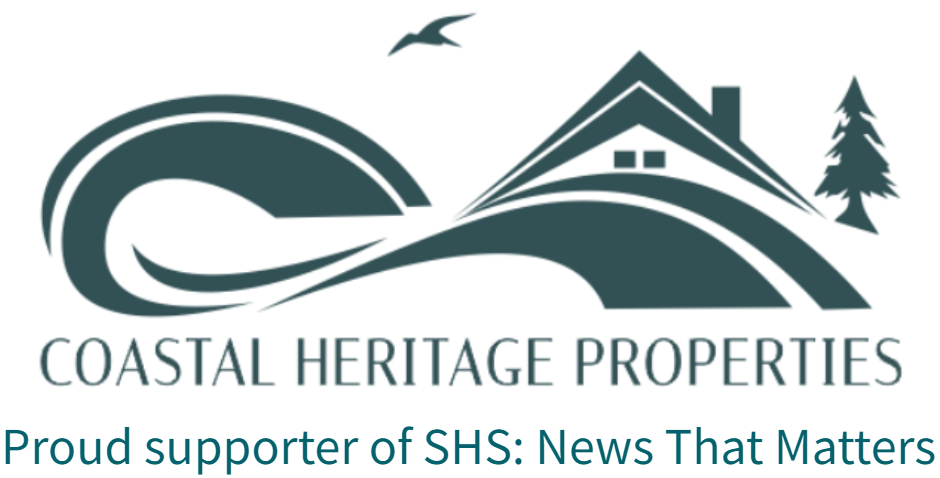

Trevor Guernsey • Apr 18, 2023 at 10:02 pm
Phenomenal article.